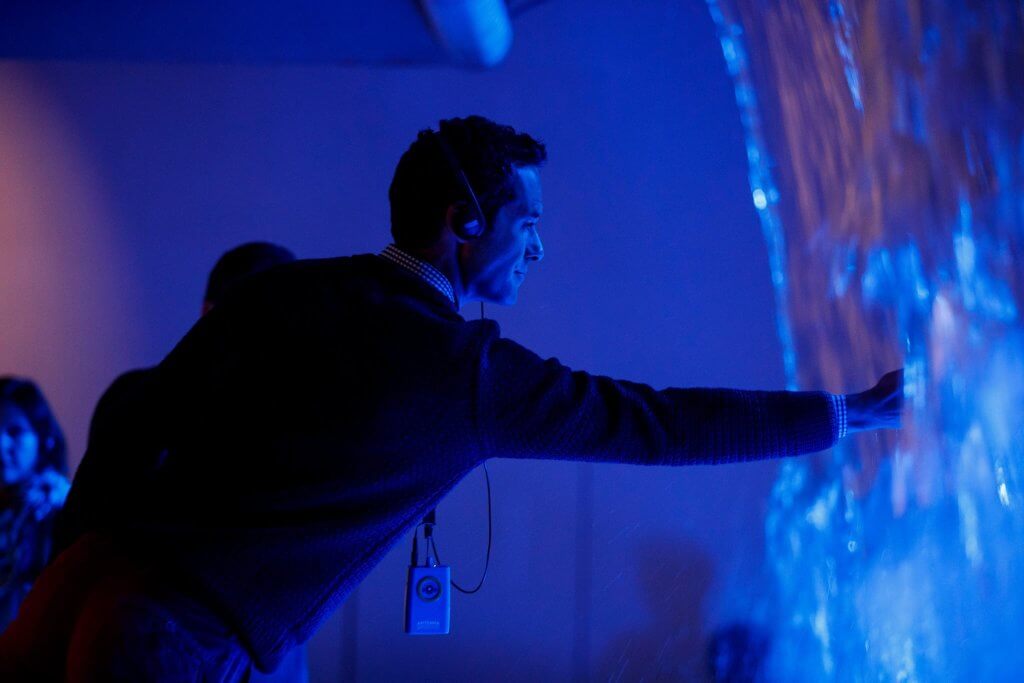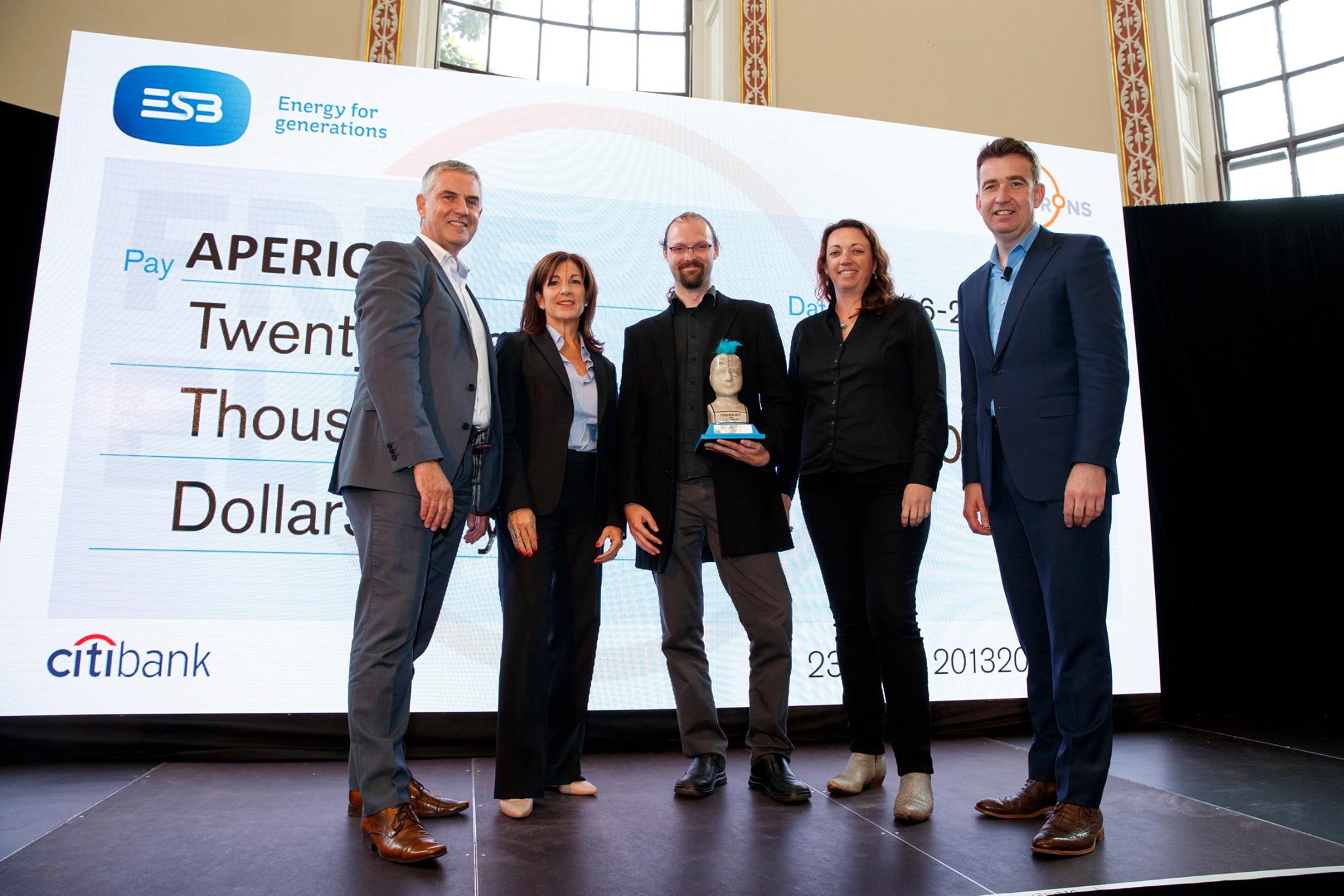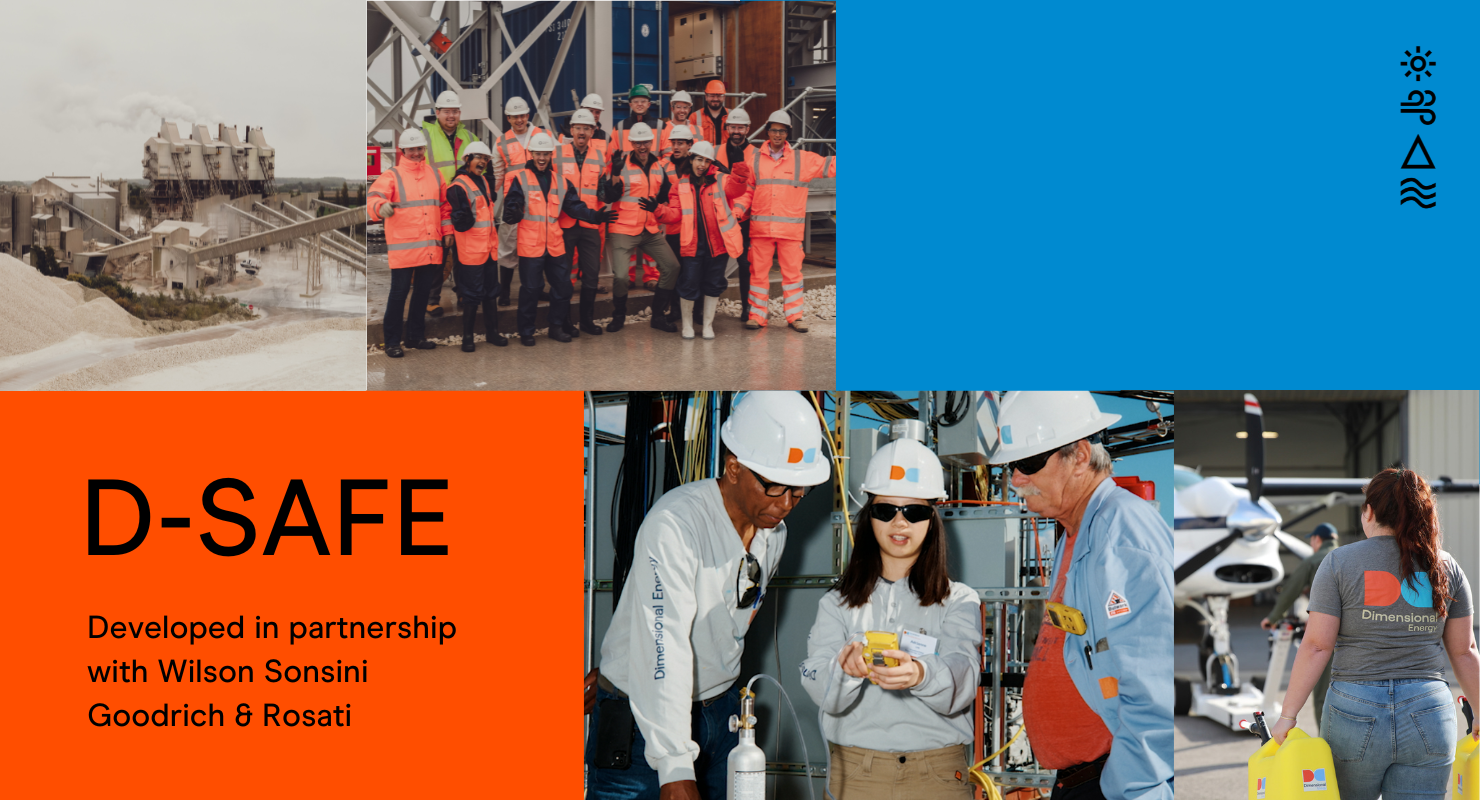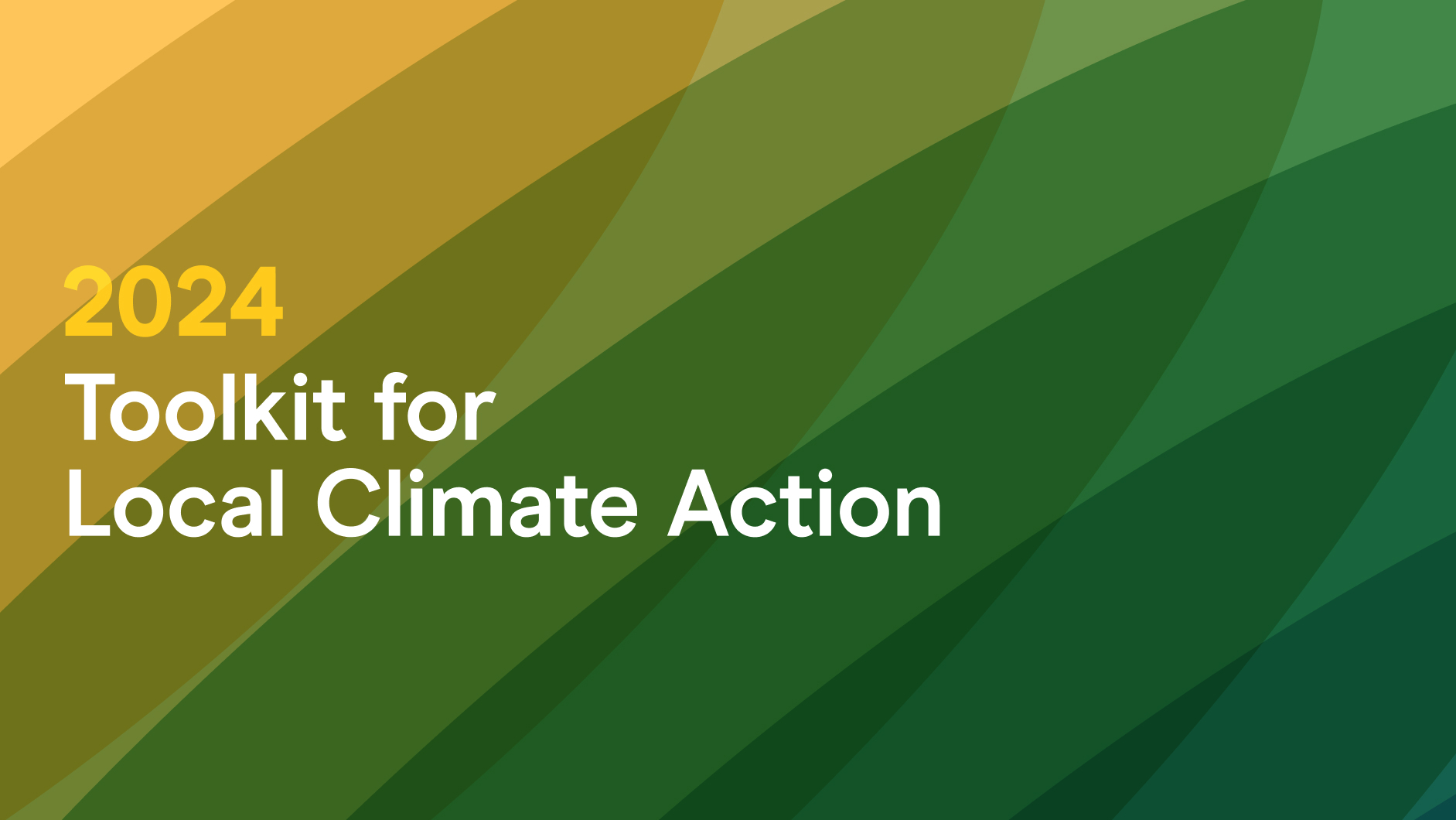
The program kicked off in March with the collaborative selection of the initial 12 startups (from a pool of 400 applicants across the globe) and in May we hit start on an epic five-month sprint, which will culminate in Singapore in September. EEx is facilitating strategy and structure around this work by contributing our experience at the nexus of startup/utility deals that have been forged across three countries, with millions of dollars deployed in dozens of pilot projects.
1. What startups are selling to utilities is not what they’re selling to their executives. EEx facilitated a workshop where startups shared their value proposition and metrics and then compared their results with the utilities’ list of the same, and there were significant misalignments. For example, a couple companies were including safety and performance metrics at the top of their pitch, which only caused the utilities to question the products as they were assuming that safety and performance were a given. As a startup, make sure you’re selling what customers are buying.
2. You’re peeling an onion, not cutting a carrot. We’re in the energy world, and the legacy players have been around long before any of us were born. Entrepreneurs are going to be navigating multiple departments and business units to scale and find capital. Startups within Free Electrons first meet with innovation departments to pitch and attract interest…but that is just the first step. From there it’s on to business units to operationalize the pilots (investments are different). For some tips on pilots, see Greentech Media’s round up of a recent Rocky Mountain Institute report.
3. Always follow up…and not just when you need something. Your original point of contact gets busy, goes on vacation, or maybe moves on to something else, and you don’t hear from them for weeks. Keep pushing, always be nice, and sometimes it might fall to you to come up with creative workarounds (yes, you, the entrepreneur). For example, if you’re trying to put together a pilot, get your client’s pilot template form and fill it out for them – make it easy for them, and don’t be afraid to ask questions. A positive attitude and persistence in clearing up roadblocks is what has brought Israeli startup Driivz some early successes in the program.
BONUS: Ubuntu rings true, an African proverb meaning “I am because we are.” Part of our philosophy at EEx is building trust into the ecosystem by creating cohorts of entrepreneurs, and we have worked to embed this into the Free Electrons program as well. The last day of the module was expertly hosted by ESB (Ireland’s utility) in Dublin. The day consisted of a pitch competition with the audience and a panel of judges selecting one winning startup to receive a cash prize. Unbeknownst to the program facilitators, the participating startups hatched another idea: whoever won the competition would contribute the $25,000 prize money to a charity the startups collectively selected. It was a heartwarming display of solidarity and genuine affection among these entrepreneurs from different parts of the globe.
If hastening change through collective innovation is about people and trust, that’s Free Electrons moving the needle forward.





